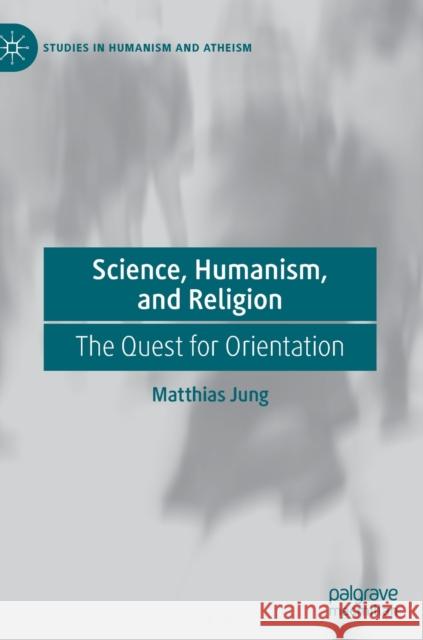Science, Humanism, and Religion: The Quest for Orientation » książka
topmenu
Science, Humanism, and Religion: The Quest for Orientation
ISBN-13: 9783030214913 / Angielski / Twarda / 2019 / 230 str.
Science, Humanism, and Religion: The Quest for Orientation
ISBN-13: 9783030214913 / Angielski / Twarda / 2019 / 230 str.
cena 301,18
(netto: 286,84 VAT: 5%)
Najniższa cena z 30 dni: 289,13
(netto: 286,84 VAT: 5%)
Najniższa cena z 30 dni: 289,13
Termin realizacji zamówienia:
ok. 22 dni roboczych.
ok. 22 dni roboczych.
Darmowa dostawa!
Kategorie BISAC:
Wydawca:
Palgrave MacMillan
Seria wydawnicza:
Język:
Angielski
ISBN-13:
9783030214913
Rok wydania:
2019
Wydanie:
2019
Numer serii:
000766067
Ilość stron:
230
Waga:
0.43 kg
Wymiary:
21.01 x 14.81 x 1.42
Oprawa:
Twarda
Wolumenów:
01
Dodatkowe informacje:
Wydanie ilustrowane











